With more than $100 million in total investment, Jaunt is among the cluster of startups trying to take VR mainstream.
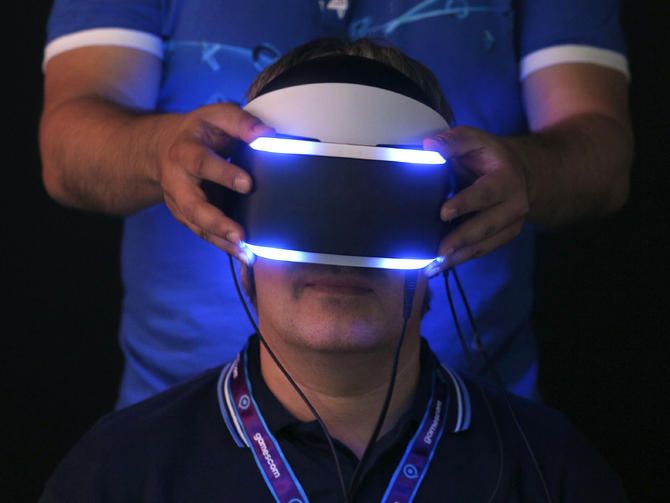

With more than $100 million in total investment, Jaunt is among the cluster of startups trying to take VR mainstream.
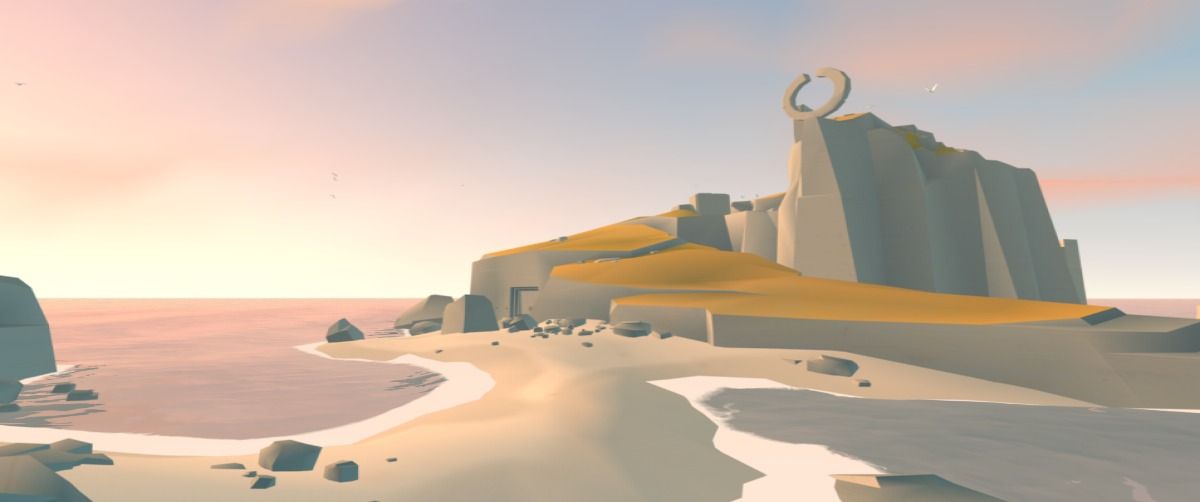
https://youtube.com/watch?v=XwJ9fiH2Ksw
The creators of Monument Valley have released their first VR game, and it’s amazing.
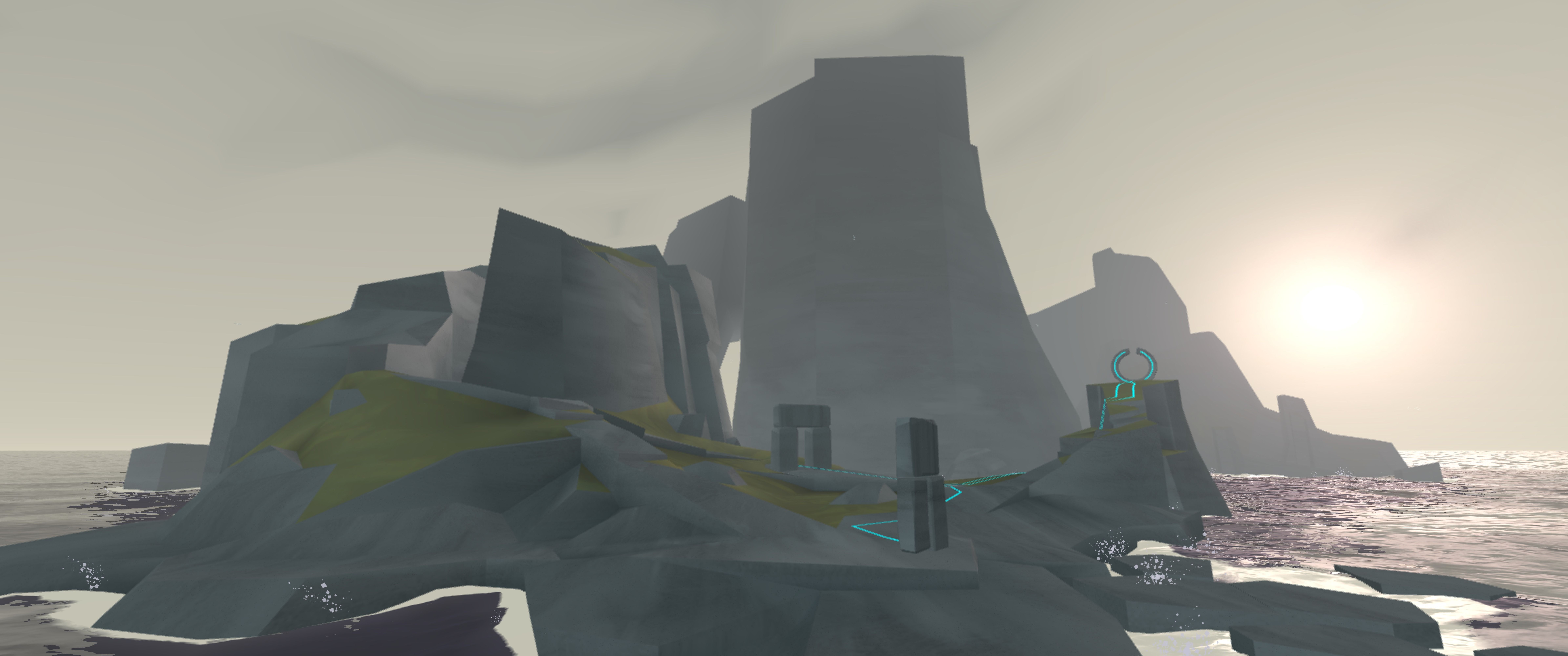
https://youtube.com/watch?v=XwJ9fiH2Ksw
One of the most remarkable things about Monument Valley, the mobile puzzler from Ustwo, was how it managed to lure in people who don’t play games. Its intuitive controls and beautiful, MC Escher-inspired worlds made it the rare blockbuster that almost anyone could play. And now the studio is looking to do the same thing in virtual reality. On October 30th, Ustwo will release Land’s End on Samsung’s Gear VR, an exploration game that maintains many of the same principles of Monument Valley — stunning art, accessible controls — and transports them to a 3D space.
“The thing we wanted to do, is to bring our way of thinking to VR,” explains Peter Pashley, technical director at Ustwo Games. “We find that a lot of people who are making VR experiences are kind of making quite traditional games. I wanted to make sure that our branding was represented in the early days of VR.”


VRFocus reports on Sony Computer Entertainment (SCE) explaining the rebranding of its Project Morpheus VR HMD to PlayStation VR.
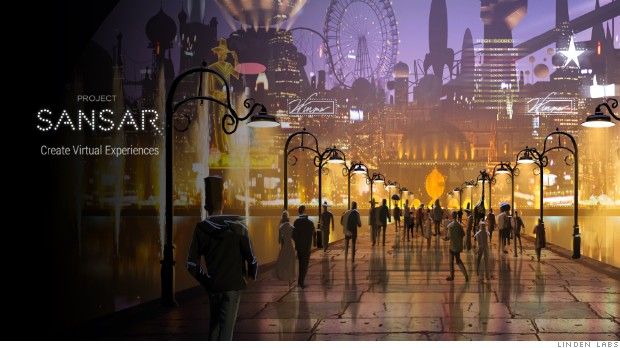
Linden Labs is starting from scratch with Project Sansar, a new platform for the coming virtual reality world.
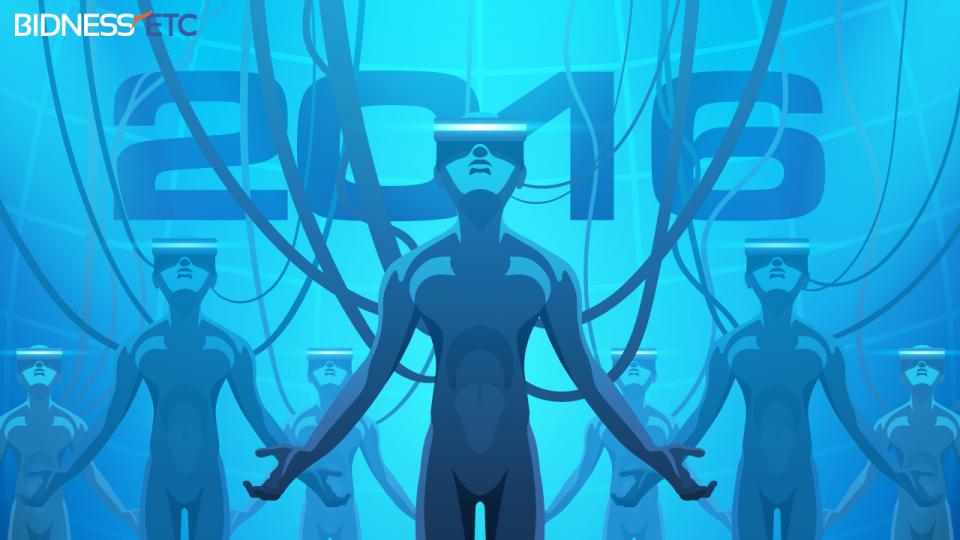
Deutsche Bank projects that the Virtual Reality Segment would have a total addressable market of $7 billion in the next five years, with the medium gaining mainstream consumer adoption by next year.
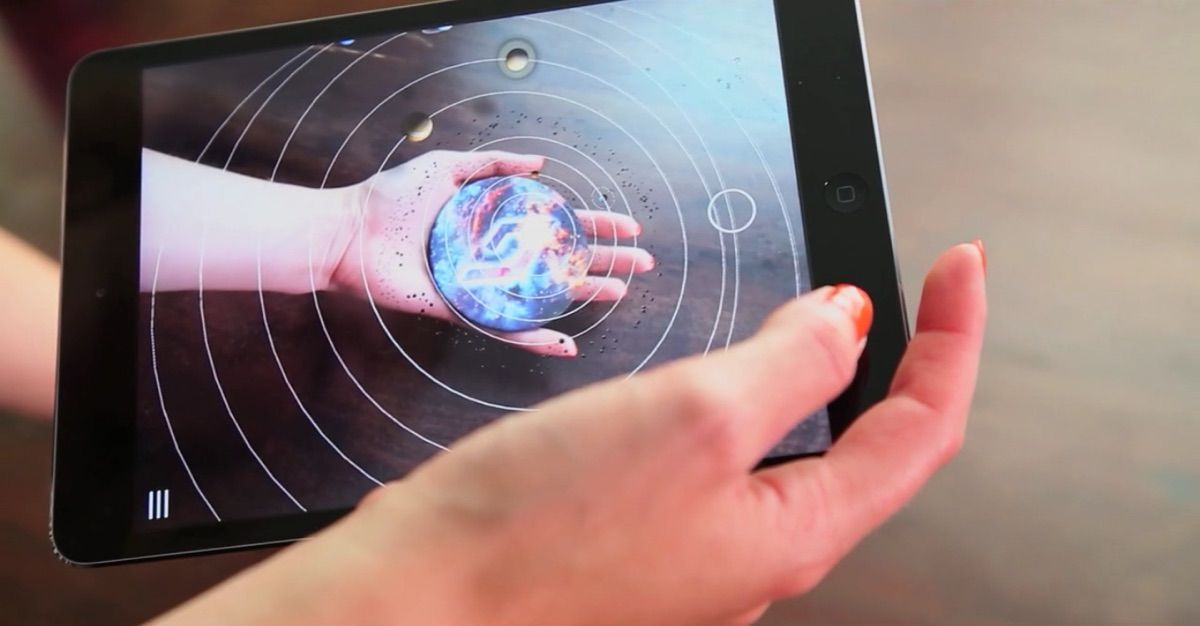
We’ve been hearing and seeing plenty about augmented reality these days — from Microsoft’s HoloLens to the mysterious Google-backed startup Magic Leap — but aside from the gee-whiz factor, its benefits can sometimes feel almost as illusory as virtual images. Gaia Dempsey, managing director of DAQRI, which makes an AR-enabled smart hard hat, offers up a strong case for why augmented reality is more than just hype. In a new video for the upcoming Future of Storytelling Summit (which also produced the stunning video of animation legend Glen Keane drawing in VR), Dempsey explains how AR could fundamentally change the way we learn and experience the world. For example, it’s one thing to be told how the mechanics of a clock works in text or video, it’s an entirely different experience to be able to manipulate a moving set of clock gears in three dimensions.

Facebook FB is working on a stand-alone app that would support 360-degree—or “spherical”—video, allowing users to alter their viewing perspective with the mere tilt of their phones.
The app is still in early development, and would be available for both Apple AAPL and Android operating systems if it proves to be a go, sources close to the project told The Wall Street Journal.
Typically compiled from multiple cameras, the video format allows users to change their viewing perspective by tilting their phones, the Journal reported.
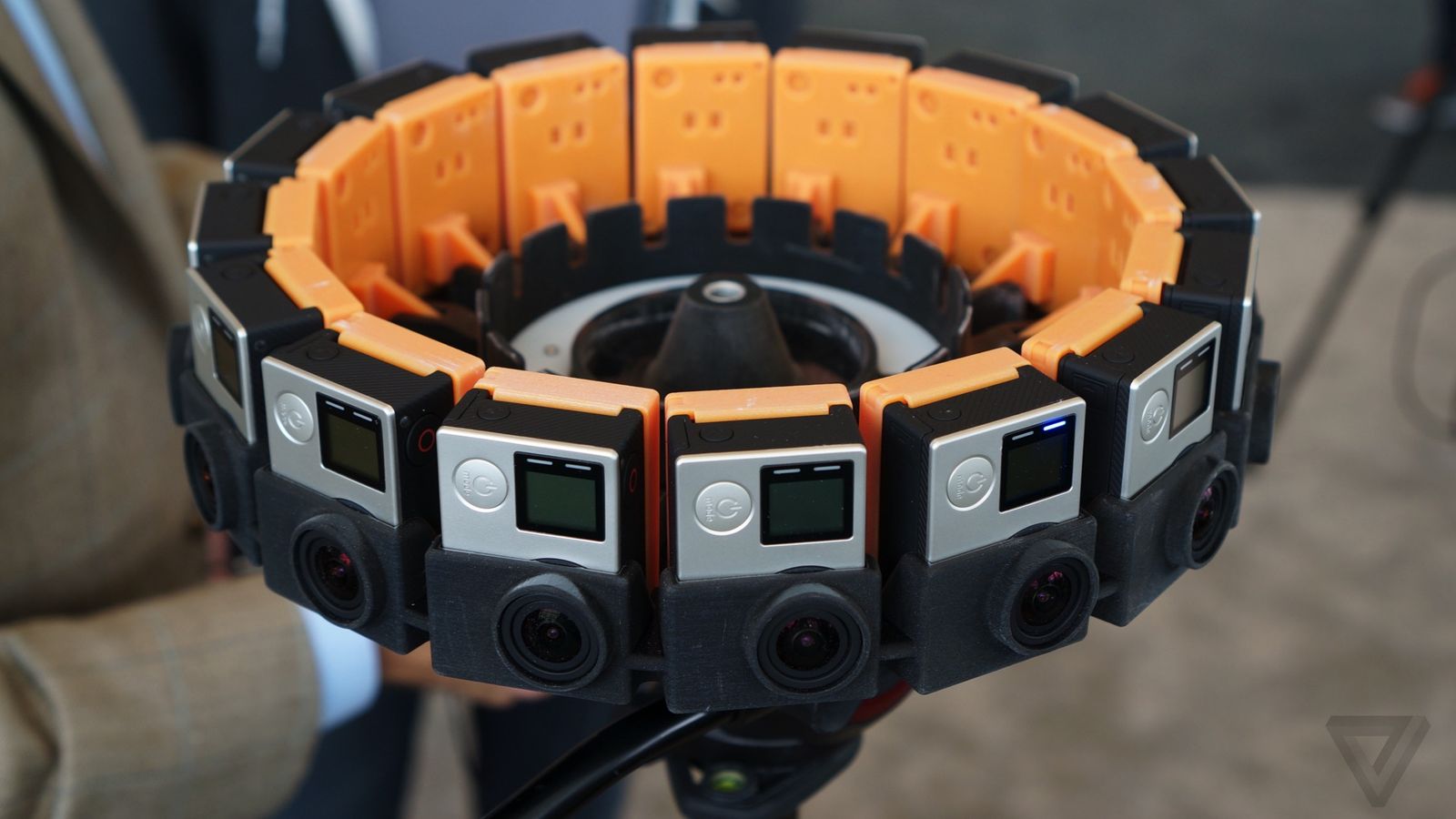
The wild, behemoth 16-camera virtual reality rig that GoPro announced at Google’s I/O conference is officially called “Odyssey,” and is now available for purchase. But it is not for everyone. It costs $15,000, and only “professional content creators and producers” will be allowed to buy it — after they submit an application.
That price tag might make your eyes spin, but it does cover a good amount of equipment. Buying an Odyssey means you get 16 of GoPro’s top-of-the-line Hero 4 Black, a microphone, the rig and all the necessary cables, a Pelican case to carry it all in, as well as a warranty and support. For a production company that’s looking to get into the virtual reality game but doesn’t necessarily want to go the DIY route, this could be the best option.
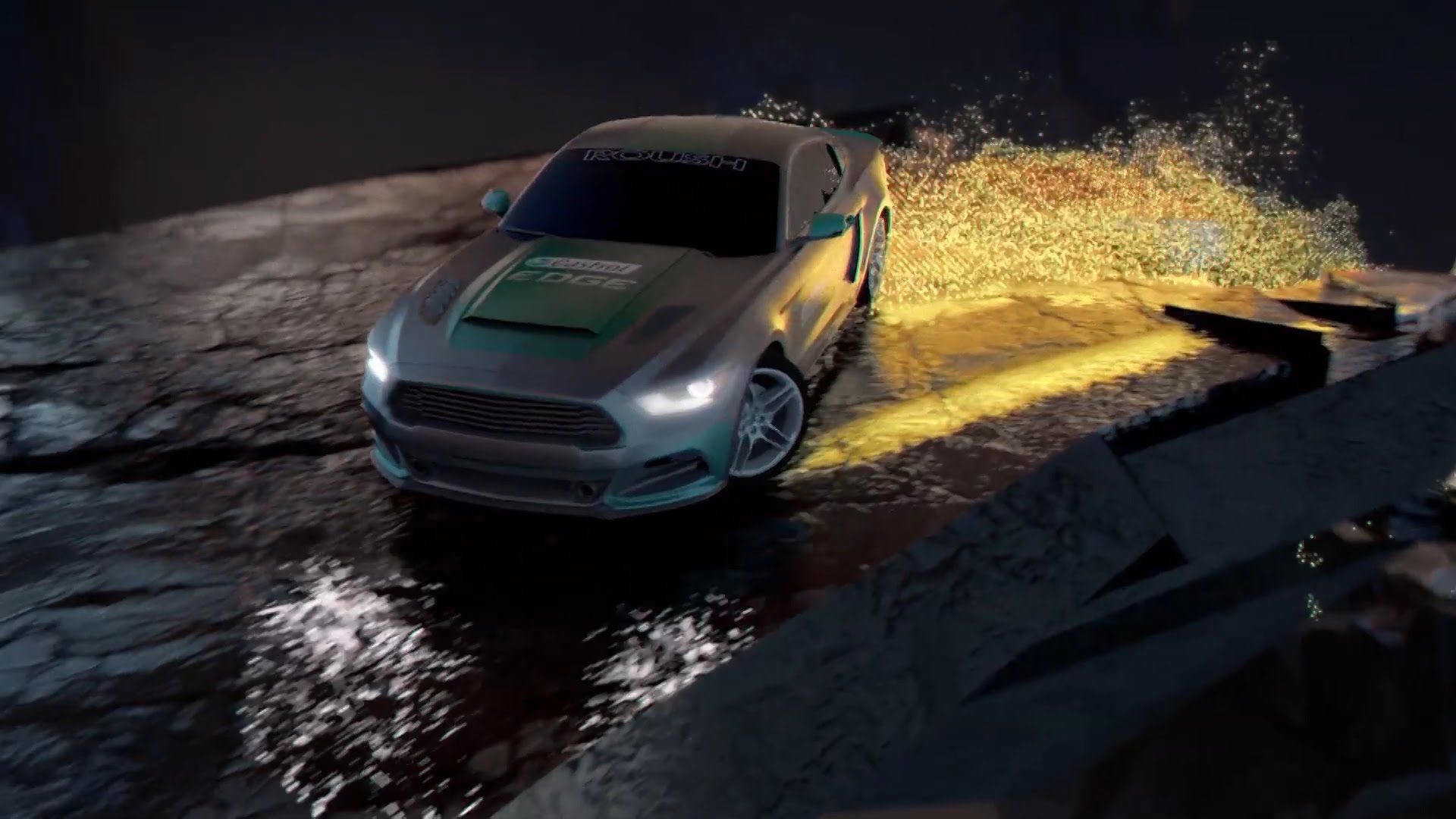
Castrol Edge & Video Games technologies: Racing a Real Car in Virtual Reality.
Castrol EDGE has premiered its latest Titanium Trial driving challenge, featuring Formula Drift professional Matt Powers driving his Roush Stage 3 Mustang whilst wearing a state-of-the-art Oculus Rift Development Kit 2 headset: blind to the real world around him, but fully-immersed in a rapidly changing 3D virtual world.
In a world first, Castrol EDGE fused video games technology and a real world driving experience, using a modified car and virtual reality technology, so a computergenerated world responded to the driver’s and car’s movements in real time.
The video game-like experience featured a mind-blowing landscape of falling boulders, crumbling track, tunnels, sheer cliff drops and even a cameo virtual appearance from another racing icon — with the landscape’s shifts reacting to Matt Powers’ every driving move.
The challenge was part of Castrol EDGE’s Titanium Trials, a series of high-powered challenges that bring man and machine together to push the boundaries of performance enabled by the strength of Castrol EDGE boosted with fluid Titanium technology – Castrol’s most technologically advanced and strongest oil.
After taking on the VIRTUAL DRIFT Trial, Matt Powers said: “Virtual Drift was exhilarating and challenging like nothing I’ve ever done before. It’s been awesome not only being involved and testing this next generation of gaming technology but the possibilities this opens up for motor sport in general are mind blowing. I had to rely on my instincts and the car to perform, with the strength of Castrol EDGE in the engine to give me the reassurance that the car would reach its maximum performance.”